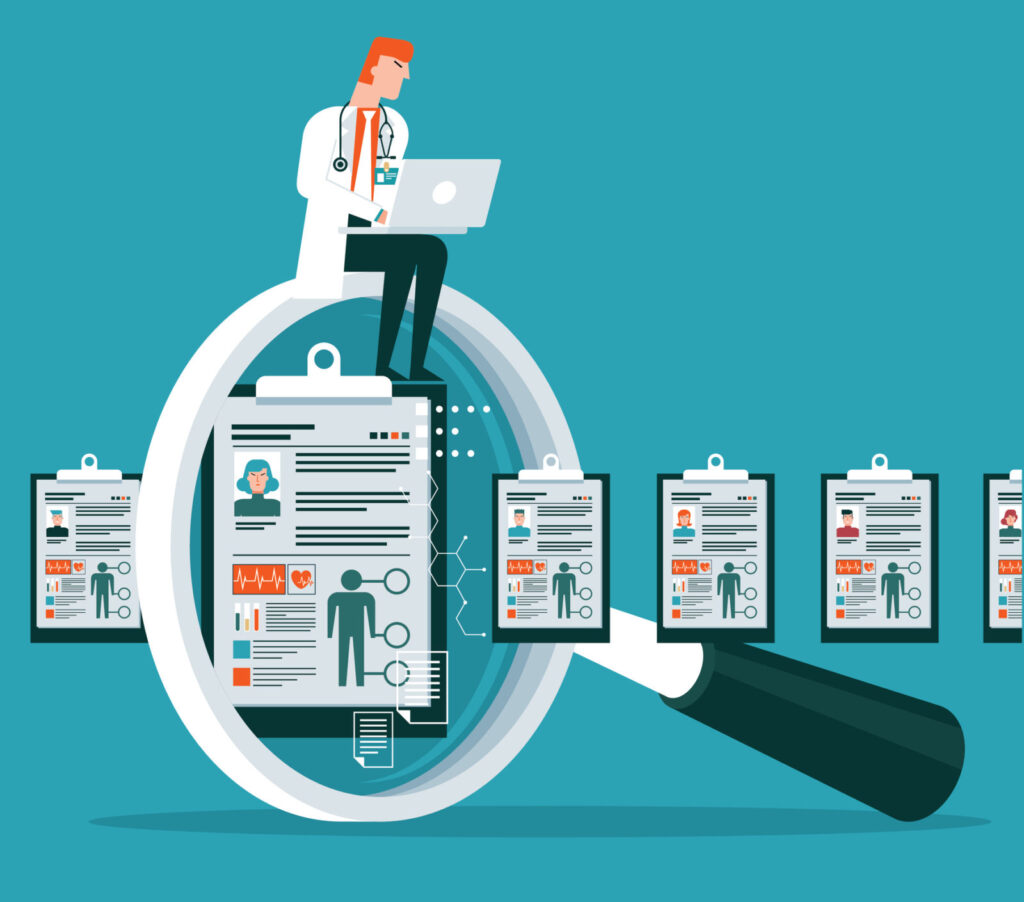
The end of the holiday season and the calendar year is an appropriate time to take stock of the gifts we’ve been given, while looking forward to the opportunities that await us. How might our gifts help us pursue those opportunities, achieving new goals along the way? We who practice the care management strategy of healthcare have some ideas about that.
Care management, as defined by the Agency for Healthcare Research and Quality (AHRQ), “is organized around the precept that appropriate interventions for individuals within a given population will reduce health risks and decrease the cost of care.” To that end, here are a dozen benefits—12 gifts, if you will—of care management:
- Adaptability. You determine the scope of your own program, focusing efforts on areas with the potential for the greatest impact. Which populations, conditions and needs should you address first, and how should you address them? What are your desired patient outcomes and performance metrics? Care management helps you zero in on the outcomes most important to you and the populations you serve.
- Adherence. Patients in care management are more likely to follow their care plans and medication regimens. Adherence is essential to avoiding unnecessary readmissions and continuing progress toward recovery.
- Communication. A care manager serves as an essential bridge not only between patient and providers, but also among the various providers who might be caring for the patient. This keeps everyone in the know and on the same page.
- Coordination. Having a single care manager responsible for scheduling all of a patient’s appointments avoids calendar conflicts and lessens the chances that the patient will miss an appointment.
- Cost control. When should patients visit the emergency room, and when should they just call the doctor? Education by care managers, combined with messages reinforced by providers during patient encounters, can help them understand the difference. Similarly, targeted campaigns and care calls can educate top users about in-network vs. out-of-network costs.
- Health literacy. A patient’s journey toward better health begins with understanding their condition so they can make better decisions throughout that journey. Conversations and shared educational material can help them see the need for completing a treatment plan, keeping appointments, taking advantage of preventive care screenings, and monitoring and managing chronic conditions. An educated patient is also more likely to understand why they are being referred to a specialist for a certain procedure, for example, and can be proactively guided through care transitions.
- Holistic perspective. A care manager sees the big picture of a patient’s total health—across time, conditions and providers, and in light of relevant socioeconomic factors. Does the patient require mental health services in addition to the healthcare they’re already receiving, for example? The care manager can help connect the dots, creating an individualized plan.
- Identification and closing of gaps. Whatever might be standing in the way of better health for an individual or a specified population, effective care management can identify it and find ways to overcome it. Social determinants of health (SDOH) can be addressed once they have been pinpointed—by providing transportation to doctor appointments and the pharmacy, for example, or making sure a patient has access to fresh fruits and vegetables.
- Improved patient experience, engagement and loyalty. Proactive care management is essential to the identification and management of at-risk and rising-risk patients. The ability to engage and influence individuals to modify risks over which they can exert some control, improving their health and reducing costs, pays dividends for all.
- Proactivity. Care management allows patient care teams to stay ahead of potential issues with individuals or larger groups within a population. Identify those at risk and plan appropriate interventions. Provide seamless care transitions that ensure patients receive the care they need to continue their progress toward a positive outcome.
- Responsive workflows. Patient events and plan goals can automatically trigger care management workflows that respond to the situation at hand.
- Stronger relationships. By aligning care management with a population’s needs, you foster trusting relationships between providers and patients, leading to improved care delivery and management.
Do you have the people, processes and technologies in place to practice sound care management?



About The Author: Medecision
Medecision is a leader in cloud-based, data-powered healthcare solutions, enabling risk-bearing entities to achieve improved health outcomes, optimized medical costs, reduced administrative costs, and personalized engagement. Our Aerial platform supports over 10% of the U.S. population, marking a significant milestone in advancing healthcare efficiency and effectiveness.
More posts by Medecision